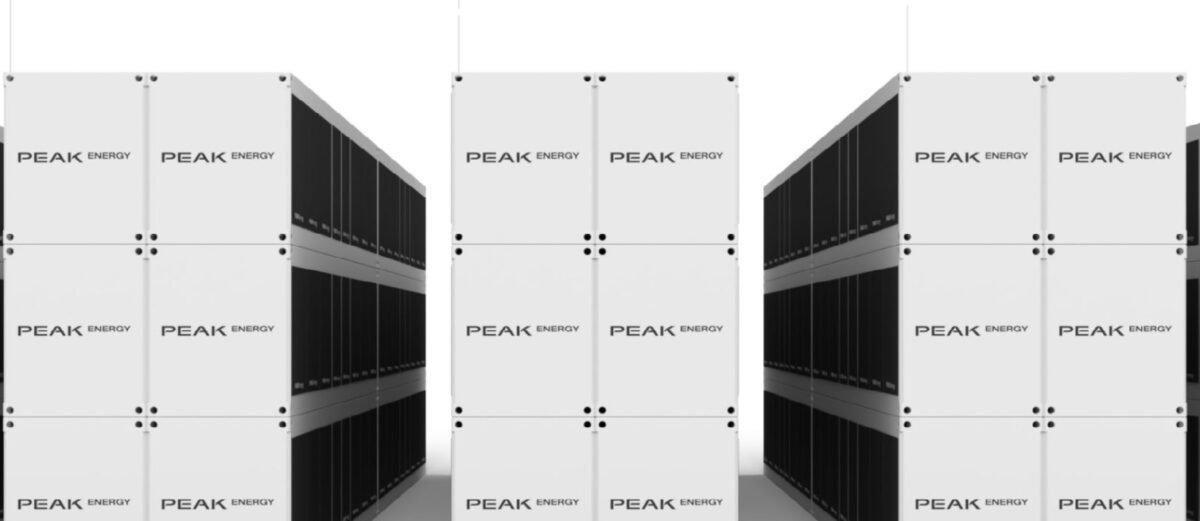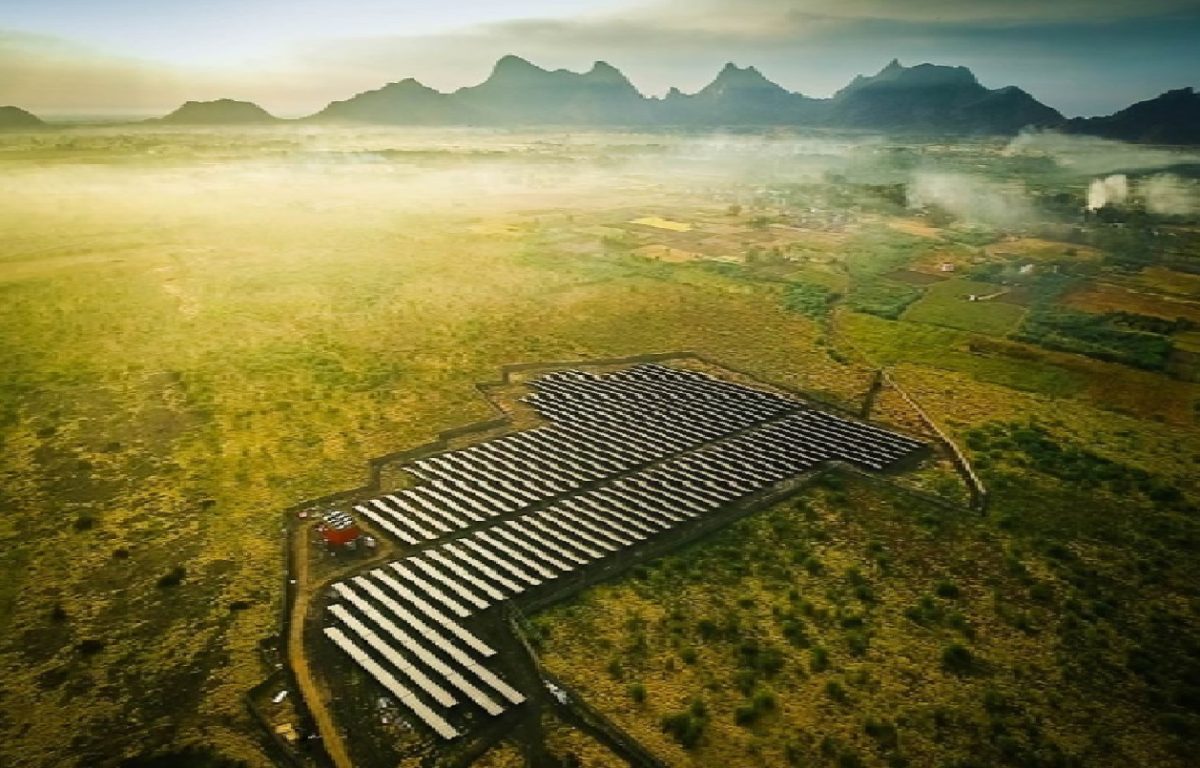From pv magazine USA
Peak Energy has set out to use cheaper and more abundant raw materials to design sodium-ion battery energy storage systems (BESS). While a sodium-ion BESS is 30% less energy dense than those made from lithium-ion chemistries, they are also about 20% to 40% cheaper, says Landon Mossburg, who co-owns Peak Energy with Cameron Dales.
The United States has 19% of the world’s soda ash, from which sodium is derived. According to the Environmental Protection Agency, six companies in Wyoming and California comprise the US soda ash industry. which is the largest in the world.
Peak Energy sees the ability to scale as another bottleneck. To overcome this challenge, the company is leveraging partnerships with international and domestic sodium cell manufacturers to introduce this technology to the United States, while generating enough income to establish a local engineering site and gigafactory.
“We’ll do this in three phases,” Mossburg said.
Currently ongoing, the first phase involves importing the sodium-ion battery cells from manufacturers based in Asia, Europe and North America while producing packs in the United States. The company plans to launch small-scale demonstration systems early next year with an expected energy capacity and duration of 3 MWh.
“When stacked together, they can create a larger scale utility system,” Mossburg said.
The company will scale these systems to several 100 MWh commercial projects throughout 2026.
Peak Energy is currently testing cells from potential partners to decipher the best technology for US markets. However, Dales suggests their systems will likely consist of a hard carbon anode and a layered oxide, Prussian white or polyanion cathode.

To continue reading, please visit our pv magazine USA website.
This content is protected by copyright and may not be reused. If you want to cooperate with us and would like to reuse some of our content, please contact: editors@pv-magazine.com.




2 comments
By submitting this form you agree to pv magazine using your data for the purposes of publishing your comment.
Your personal data will only be disclosed or otherwise transmitted to third parties for the purposes of spam filtering or if this is necessary for technical maintenance of the website. Any other transfer to third parties will not take place unless this is justified on the basis of applicable data protection regulations or if pv magazine is legally obliged to do so.
You may revoke this consent at any time with effect for the future, in which case your personal data will be deleted immediately. Otherwise, your data will be deleted if pv magazine has processed your request or the purpose of data storage is fulfilled.
Further information on data privacy can be found in our Data Protection Policy.